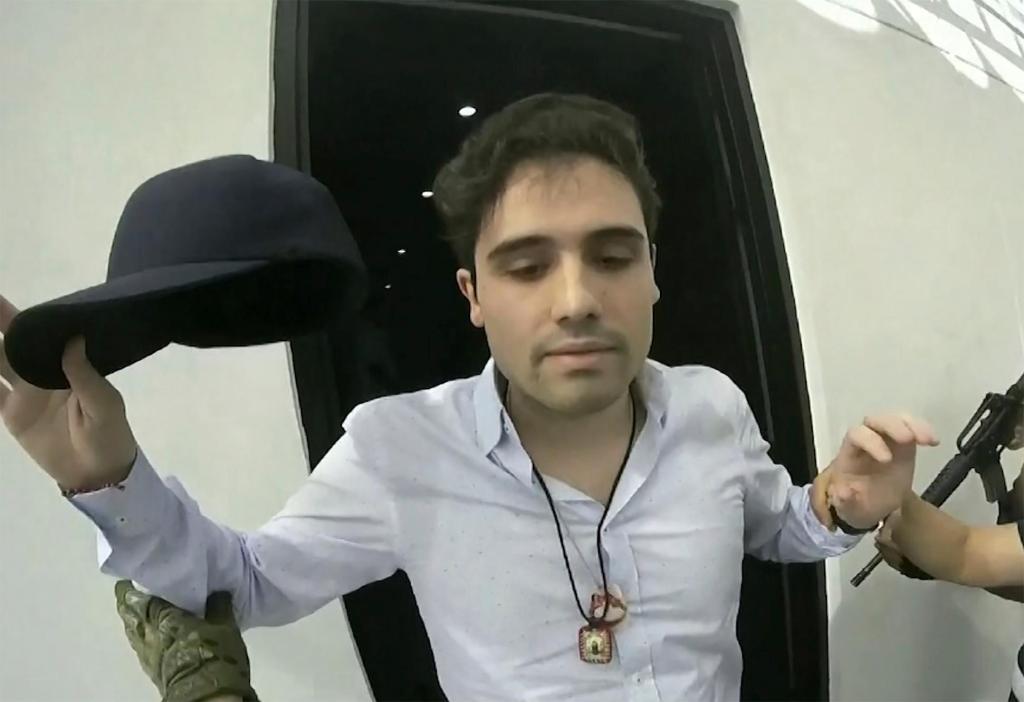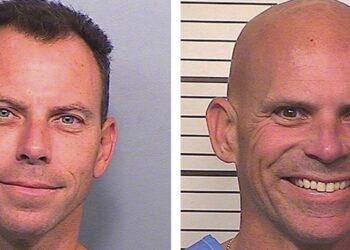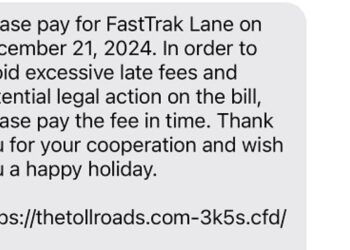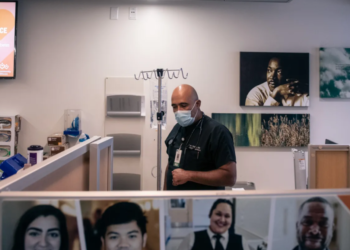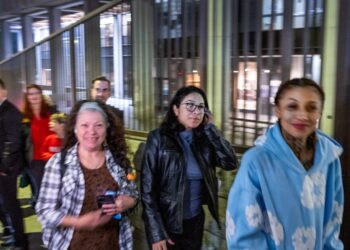By CHRISTOPHER SHERMAN and MARK STEVENSON
MEXICO CITY — With Sinaloa cartel boss Joaquín “El Chapo” Guzmán serving a life sentence, his sons steered the family business into fentanyl, establishing a network of labs churning out massive quantities of the cheap, deadly drug that they smuggled into the U.S., prosecutors revealed in a recent indictment.
Although Guzmán’s trial revolved around cocaine shipments, the case against his sons exposes the inner workings of a cartel undergoing a generational shift as it worked “to manufacture the most potent fentanyl and to sell it in the United States at the lowest price,” according to the indictment unsealed April 14 in Manhattan.
Synthetic opioids — mostly fentanyl — now kill more Americans every year than died in the Vietnam, Iraq and Afghanistan wars combined, feeding an argument among some politicians that the cartels should be branded terrorist organizations and prompting once-unthinkable calls for U.S. military intervention across the border.
“The problem with fentanyl, as some people at the State Department told me, has to be repositioned. It’s not a drug problem; it’s a poisoning problem,” said Alejandro Hope, a security analyst in Mexico, who died Friday. “Very few people go out deliberately looking for fentanyl.”
The groundwork for the U.S. fentanyl epidemic was laid more than 20 years ago, with aggressive over-prescribing of the synthetic opioid oxycodone. As U.S. authorities clamped down on its prescription, users moved to heroin, which the Sinaloa cartel happily supplied.
But making its own fentanyl — far more potent and versatile than heroin — in small, easily concealed labs was a game changer. The cartel went from its first makeshift fentanyl lab to a network of labs concentrated in the northern state of Sinaloa in less than a decade.
“These are not super labs, because they give people the illusion that they’re like pharmaceutical labs, you know, very…
Read the full article here

